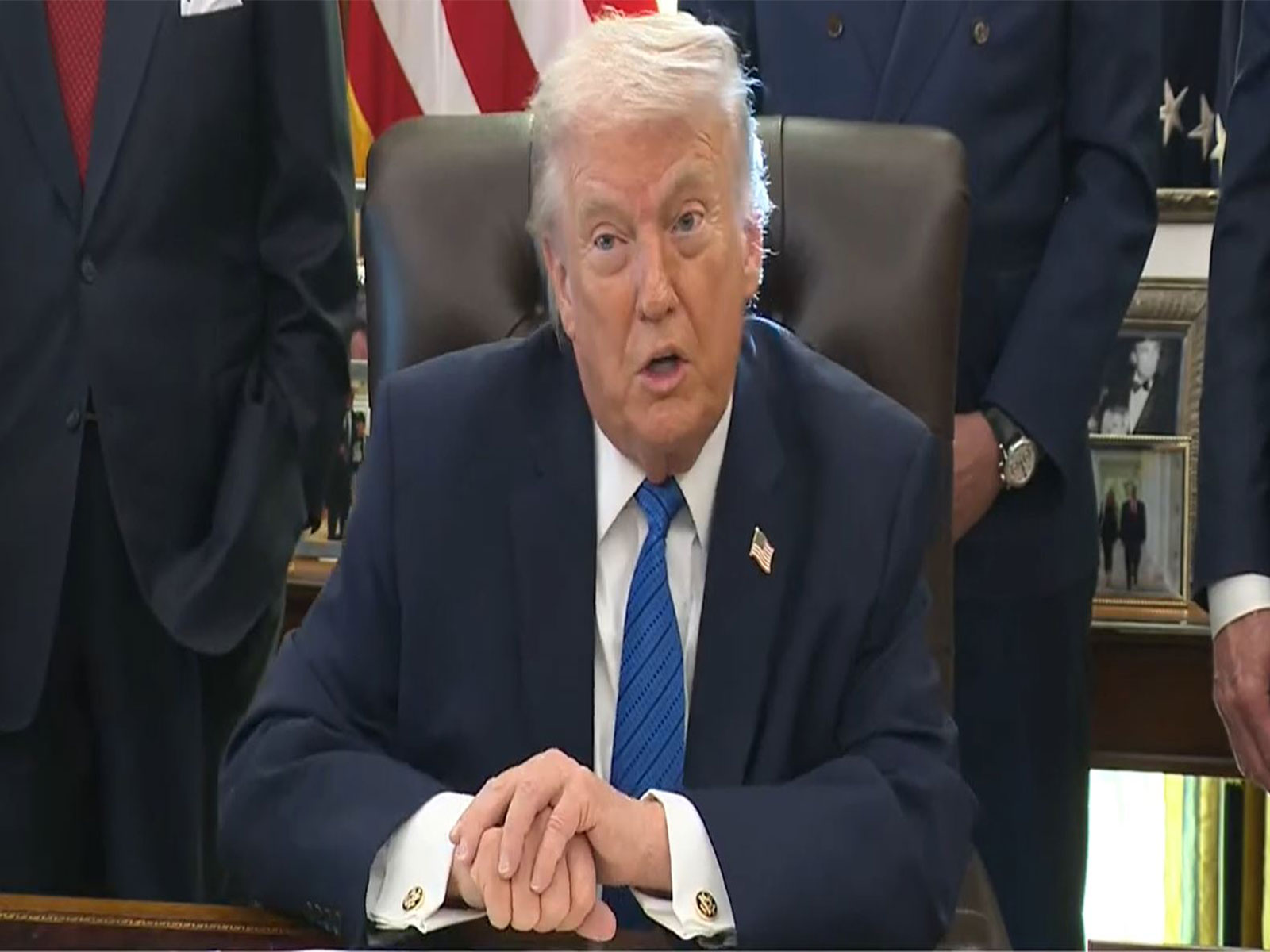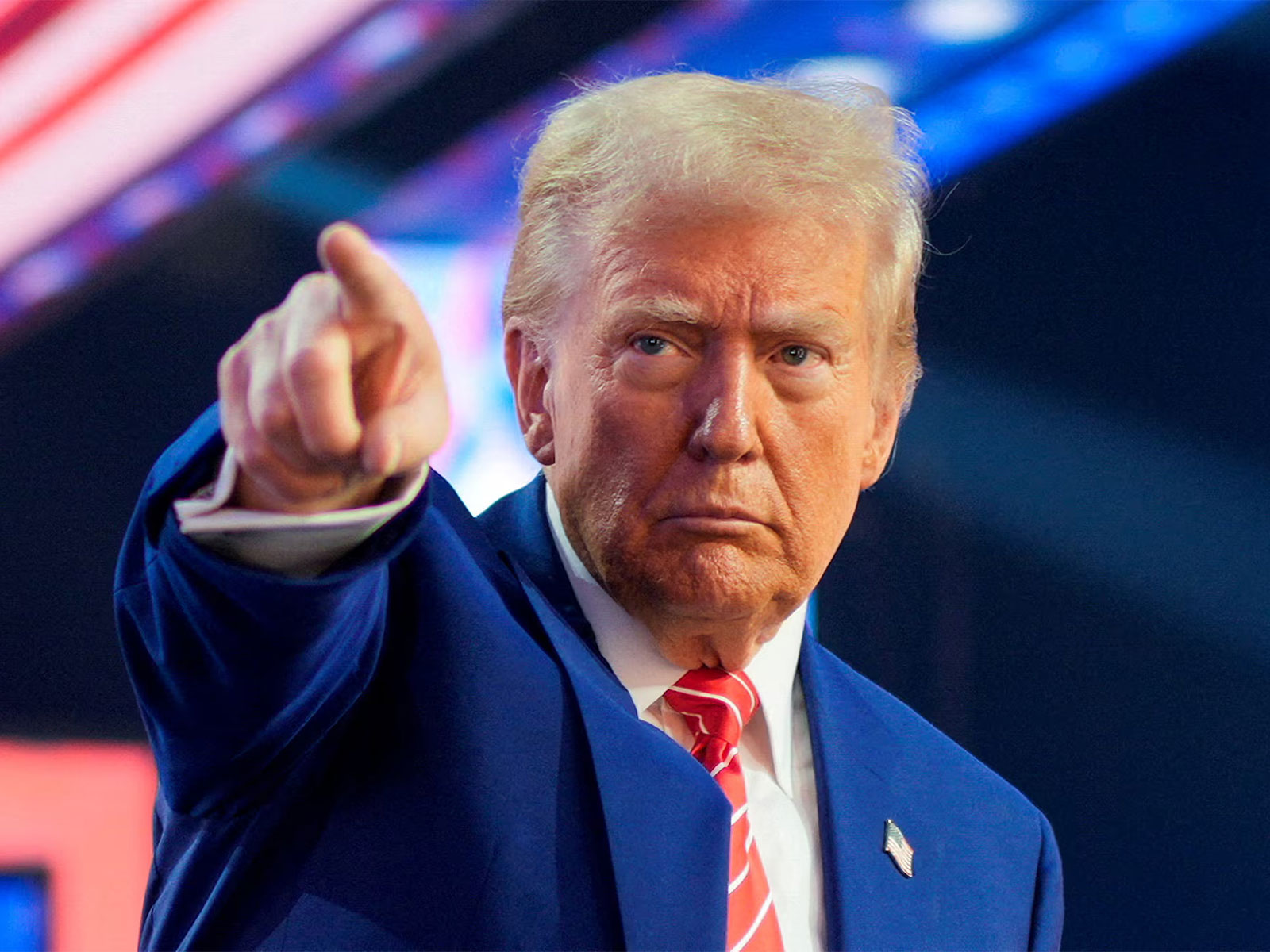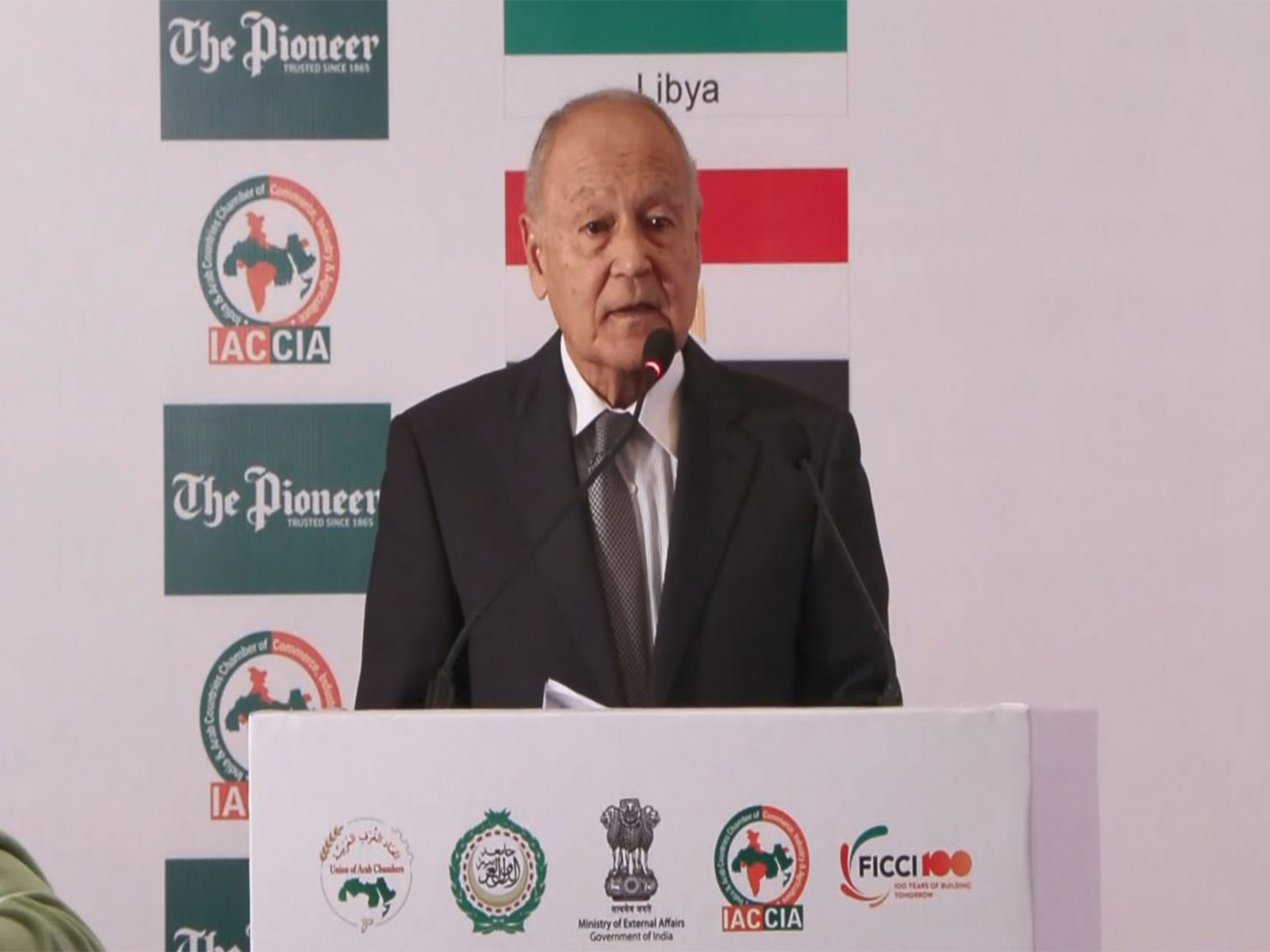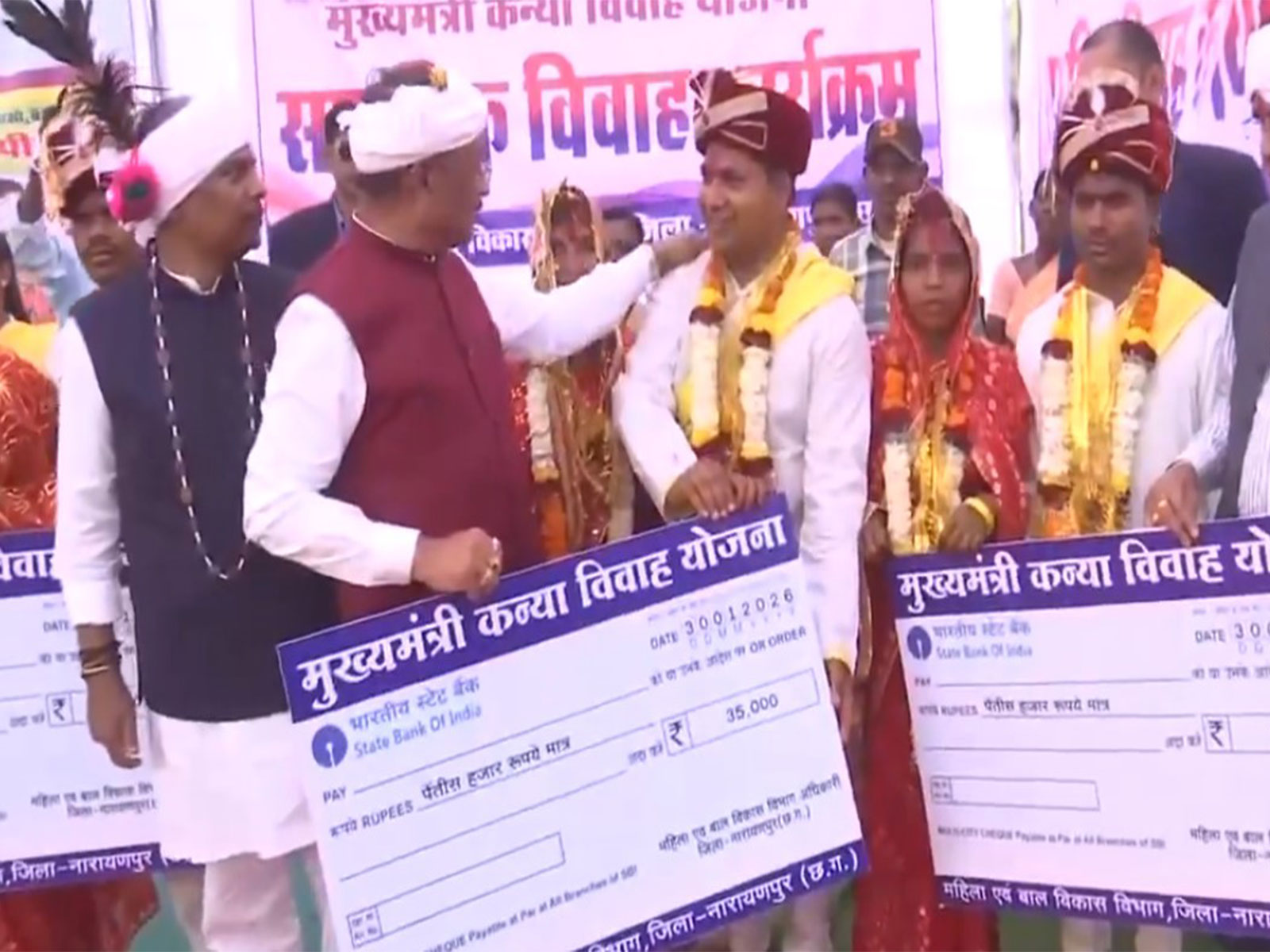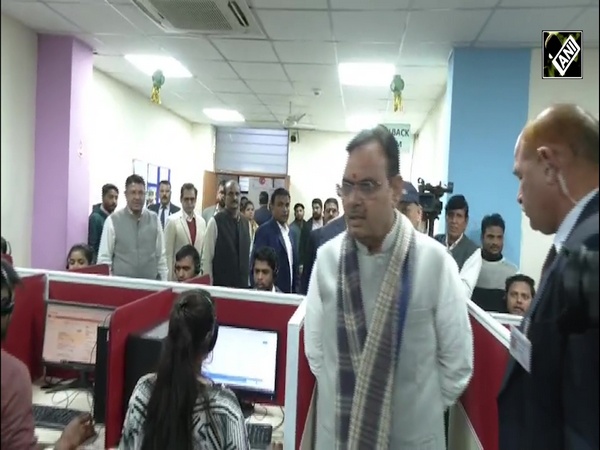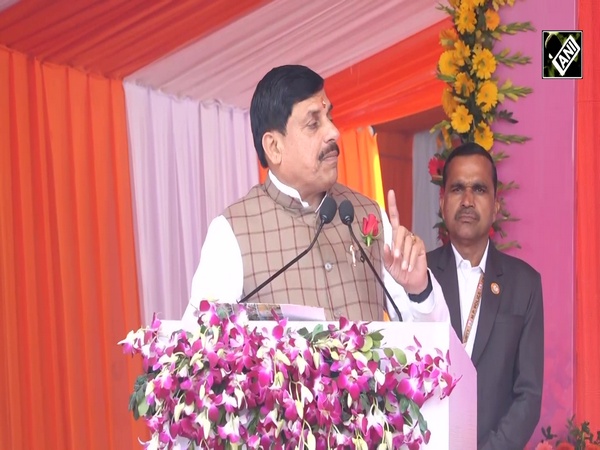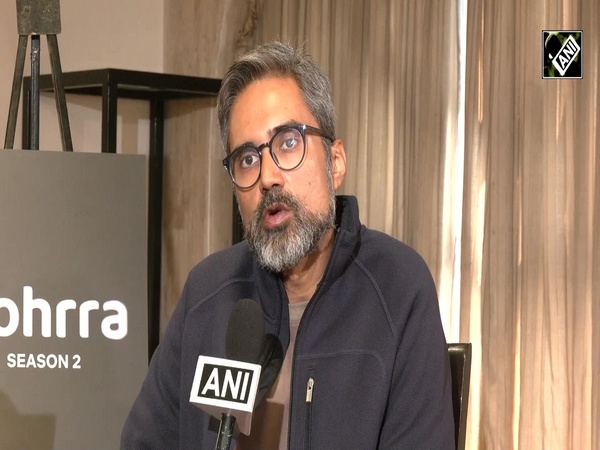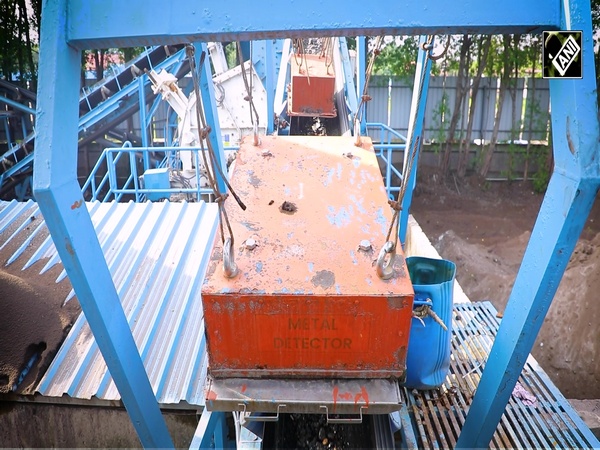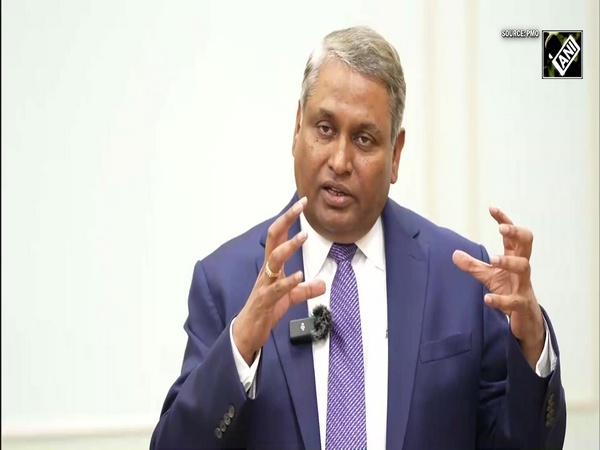Laos default would give new momentum to China "debt trap" diplomacy
Jul 17, 2022

Vientiane [Laos], July 17 : Laos, a south-east Asian nation is on the edge of default after building a China-financed high-speed train, giving new momentum to 'debt trap' diplomacy criticism.
Laos faces intensifying economic and financial crises and there is likely no way out without some form of a Chinese bailout or debt forgiveness, reported Asia Times.
Communists in Vientiane have reason to expect a bailout. Their principal creditor is China, a key ally, and Beijing would surely suffer geopolitically if it allows Laos to default so soon after finishing the USD 5.9 billion railway, a key spur on China's Belt and Road Initiative (BRI) vision for Southeast Asia.
"No doubt Laos faces economic and financial difficulties that are tremendous and worryingly severe, but I don't think China will let Laos default," says Toshiro Nishizawa, a professor at the University of Tokyo's Graduate School of Public Policy and a member of a fiscal policy team that advised the Laos government between 2018 and 2020.
"The size of debt obligations alone appears to suggest that default is inevitable, but geo-economic factors make such simple predictions unrealistic in favor of Laos," Nishizawa added.
However, in practicality, Beijing dallied in helping Pakistan out of its recent financial dilemmas but came through by rolling over a USD 4.5 billion repayments due in March. It did less to help Sri Lanka and ignored its appeals as Colombo defaulted on its debt.
The amount of Laos' exact debt to China is debatable. The World Bank reckons it's almost half of the country's official debt of USD 14.5 billion, which would put it around USD 7.2 billion, reported Asia Times.
AidData, a research lab at William & Mary's Global Research Institute, puts it at almost USD 12.2 billion, a figure that includes several publicly undisclosed deals.
Whatever the true figure, Laos' debt is trifling for Beijing. The Harvard Business Review estimated in 2020 that the "Chinese state and its subsidiaries have lent about USD1.5 trillion in direct loans and trade credits to more than 150 countries around the globe."
The World Bank reported in January that of the USD 35 billion the world's 74 lowest-income nations owe in debt service payments this year, almost USD13.1 billion is owed to Chinese entities. (Laos likely owes China around USD 700 million in repayments annually), reported Asia Times.
"It seems unlikely that China would let Laos default, even though Beijing has throughout the pandemic been reluctant to offer relief for its developing world debtors," says Charles Dunst, an associate at The Asia Group and a fellow at the Center for Strategic and International Studies, a Washington DC-based think tank.
A Laos debt default would "further dent views of China as a partner in the developing world, but specifically in Southeast Asia," said Dunst.
For years, critics of China's global expansion and its infrastructure-led foreign policy have warned that poorer nations like Laos risk falling into Chinese "debt traps."
Beijing ensnares poor countries with grand offers of lightning-speed infrastructure development, only to take possession of key national assets when those states cannot repay their loans. A Chinese entity's possession of the Hambantota Port in Sri Lanka is the classic example provided, reported Asia Times.
Meanwhile, Laos could concede a larger stake or more control in infrastructure projects to Chinese investors. In the past, Laos has also been known to concede state-owned land to Chinese entities in exchange for debt repayments, reported Asia Times.
Another option would be to renegotiate the repayment schedule under Chinese terms. This would likely see repayment timeframes lengthened but interest rates increased.
Currency swap arrangements between the Bank of Lao and the People's Bank of China (PBC), the two counties' central banks, "might have helped save scarce foreign exchange reserves to allow debt service payments," Nishizawa added.
Last year, the PBC extended USD 300 million loans to Laos' central bank to support its foreign exchange reserves. But Laos' financial problems are becoming more urgent as end-of-year debt servicing payments come due. And while a Lao default would be self-inflicted, it would also give new momentum to the China "debt trap" diplomacy.

